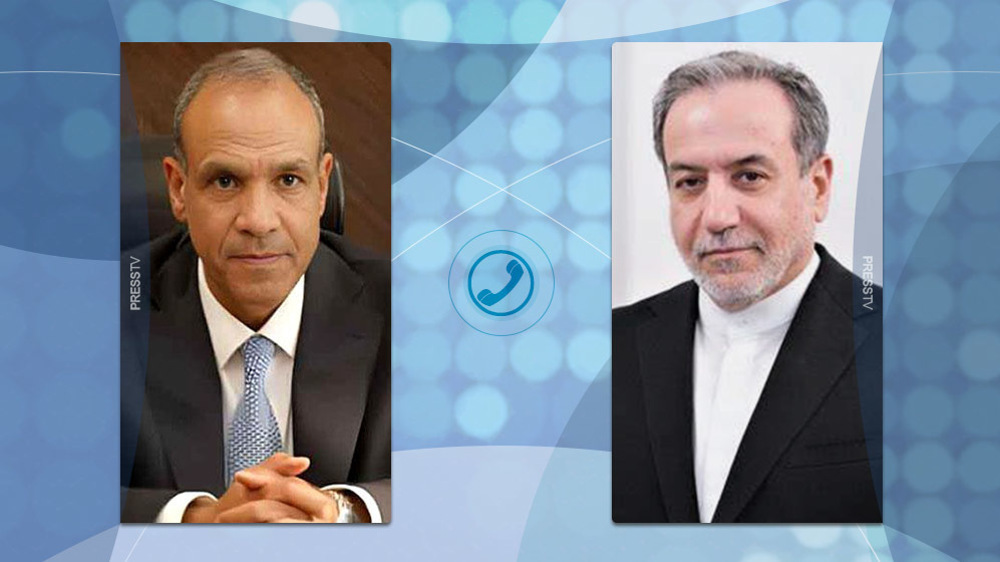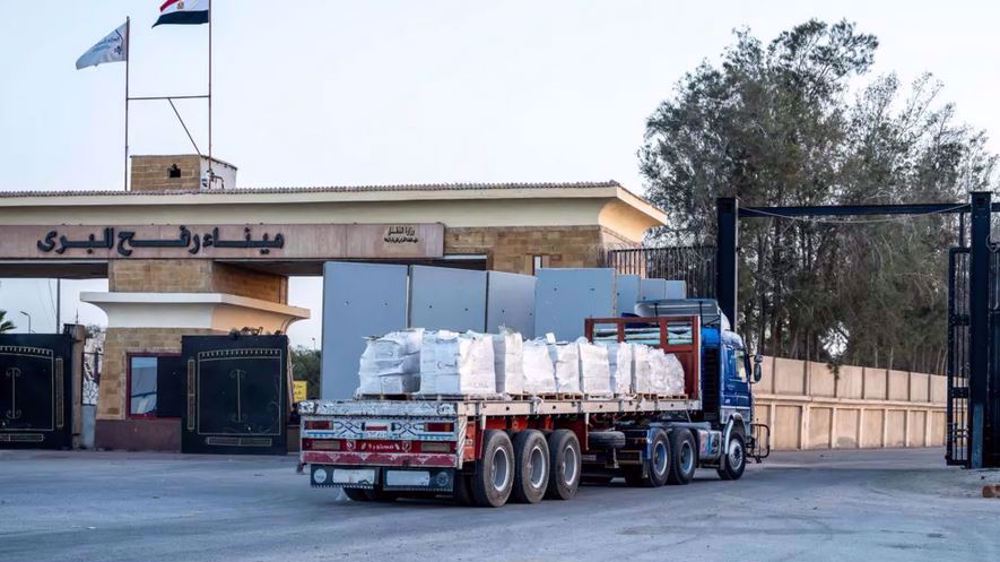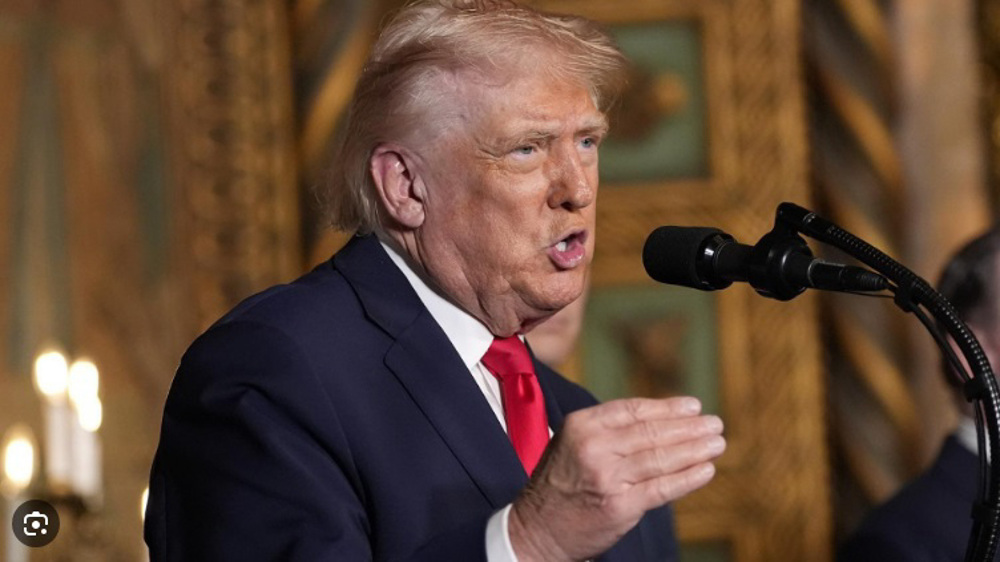Egypt hikes electricity prices by more than 40% as demanded by IMF
Egypt has decided to raise electricity prices by more than 40 percent as demanded by the International Monetary Fund (IMF) in order to receive a $12 billion bailout loan.
Electricity Minister Mohamed Shaker said on Thursday the new charges would apply as of July, which are likely to further deepen the economic woes of most Egyptians.
He said households would now be paying between 18 and 42 percent more on their bills depending on the category and level of their consumption but some of the subsidies would remain in place.
Under the IMF-devised austerity plan, Cairo is obliged to cut subsidies as a condition to receive installments of the three-year loan.
"We were supposed to have been completely done with the (electricity) subsidy in the current and next fiscal years," Shaker said.
"But considering the special situation related to the large increase in the exchange rate, we extended this period to an additional three years," he added.
Since November, Egyptian authorities have floated the country's currency, slashed fuel subsidies twice, and adopted a value added tax as part of the program, which has led to soaring consumer prices.
The value of the Egyptian pound has since plummeted. One US dollar which was worth 8.8 pounds at the official exchange rate in November sells for more than 17 pounds now. Annual inflation reached 30.9 percent in May.
Egypt’s economy has hugely suffered since long-time dictator Hosni Mubarak was ousted from power in 2011, and the country’s first democratically-elected president, Mohamed Morsi, was toppled in 2013.
The current president and former head of the armed forces, Abdel Fattah el-Sisi, came to power following a military coup.
The country has seen a rise in violence under Sisi and the once-booming tourism sector of Egypt has suffered greatly due to a hike in terrorism.
People also blame Sisi for wasting billions of dollars on mega-projects such as the controversial expansion of the Suez Canal.
The cash-strapped Sisi administration has tried to persuade the public that painful austerity measures would be to the benefit of the country.
However, frustration is high among Egypt's 90 million population, especially in the wake of a controversial agreement to transfer the sovereignty of two islands in the Red Sea to Saudi Arabia.
Lindsey Graham urges Trump to ignore aides opposing war on Iran
Far-right, anti-Islam protest sparks counter-protests in Manchester
Press TV's news headlines
Sudan’s mining sector suffers $7 billion loss amid ongoing civil war
Ansarullah slams Israel’s massacre in east Lebanon, urges unified Arab action
Iran resolved to uphold nation’s nuclear rights via diplomacy: FM Araghchi
The erasure of Palestinian cultural legacy by British Museum
American citizens have borne the ‘lion’s share’ of Trump’s tariff costs: Economist










 This makes it easy to access the Press TV website
This makes it easy to access the Press TV website